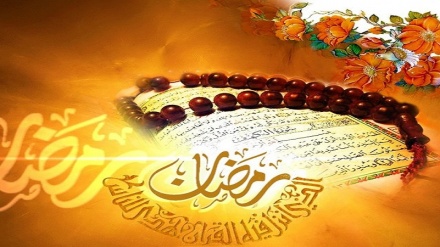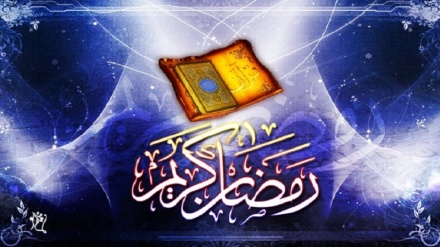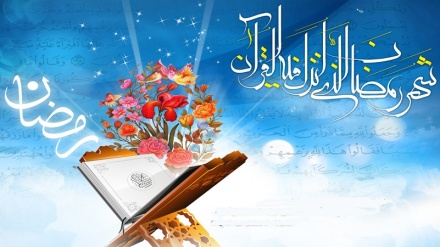Heavenly Call (23)
Welcome to the 23rd episode of Heavenly Call on the occasion of the blessed fasting month of Ramadhan.
We start with the special supplication of the 23rd day:
“O Allah, wash me clean this day from sins; purify me therein from all defects; test therein my heart for Godwariness; O Pardoner of the lapses of sinners.”
God has created mankind with the inclination towards justice in his nature, and those violating justice are actually going against their own inherent nature in pursuit of devilish desires. Thus, justice, according to the holy Qur’an has a special status. In Ayah 25 of Surah Hadid, the Almighty Creator says:
“Certainly We sent Our Prophets with manifest proofs, and We sent down with them the Book and the Balance, so that mankind maintain justice.”
As is clear, justice directs the affairs of mankind on the right path while oppression derails and diverts them from their natural course. Injustice and oppression, however, cannot satisfy the oppressor’s spirit let alone that of the oppressed whose rights have been trampled upon. Discrimination and inequality has always been the tool of those who seek to prevent the implementation of justice. The holy Qur’an strongly opposes this view, as God says in Ayah 135 of Surah Nisa’:
“O you who have faith! Be maintainers of justice and witnesses for the sake of Allah, even if it should be against yourselves or your parents and near relatives, and whether they are rich or poor, for Allah has a greater right over them.”
From these Divine Words, it is clear that in all circumstances we should prefer God’s satisfaction over own desires or the illogical demands of certain groups of people. The noble Qur’an stresses that while bearing witness we must set aside every consideration and in a sincere manner testify for the sake of God, even if it is against the wrongdoings of our kith and kin. Unfortunately, when the possessors of power and wealth are present at the court, justice is usually forgotten and the right of the poor and the weak is often violated. Sometimes, personal desires become an obstacle in the defence of right and adherence to the path of justice. In continuation, the ayah points to this reality, “So do not follow your desires lest you should be unfair.”
This shows that personal desires are the springboard of oppressions and discriminations. Then the ayah concludes, “And if you distort or disregard, Allah is indeed well aware of what you do.”
As is clear from this Ayah, justice enjoys a very lofty status in Islam. Islam stresses the implementation of justice in every aspect of human life – social, economic, cultural, educational, judicial and political. Only then a just system of government can be established.
Prophet Mohammad (blessings of God upon him and his progeny), who strove to establish the just system, was very sensitive and resolute on implementation of justice. One day a woman of a wealthy and famous Banu Makhzum clan, committed theft, an act that was proved judicially. Her relatives made every effort to prevent the execution of law. The teenaged Osama bin Zaid, a son of the Prophet’s Abyssinian nurse-maid and his freed slave, the Martyr Zaid bin Haretha, attempted to mediate and asked the Prophet to disregard her theft. No sooner had Osama uttered such words the Prophet’s countenance changed and he said in a stern voice, “Can the punishment decreed by God be disregarded and ignored?”
Then the Prophet spoke to the public in the afternoon of the same day, saying, “The previous nations collapsed because they discriminated in execution of justice. When a person from the upper and influential class committed an illegal act, they would rescind his punishment. But if a person from the weak class committed the same act they would punish him. By God Who is in possession of my soul, I will not be slackening in execution of justice on anybody; though he might be near to me.”
We pray to God to expedite the reappearance of Imam Mahdi to fill the earth with justice. Amen!
AS/ME


